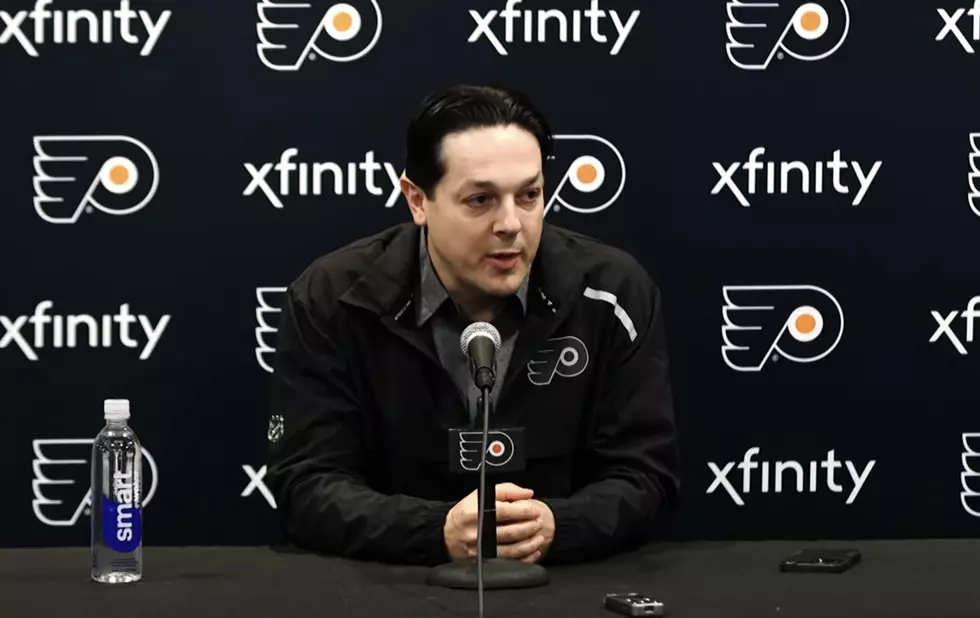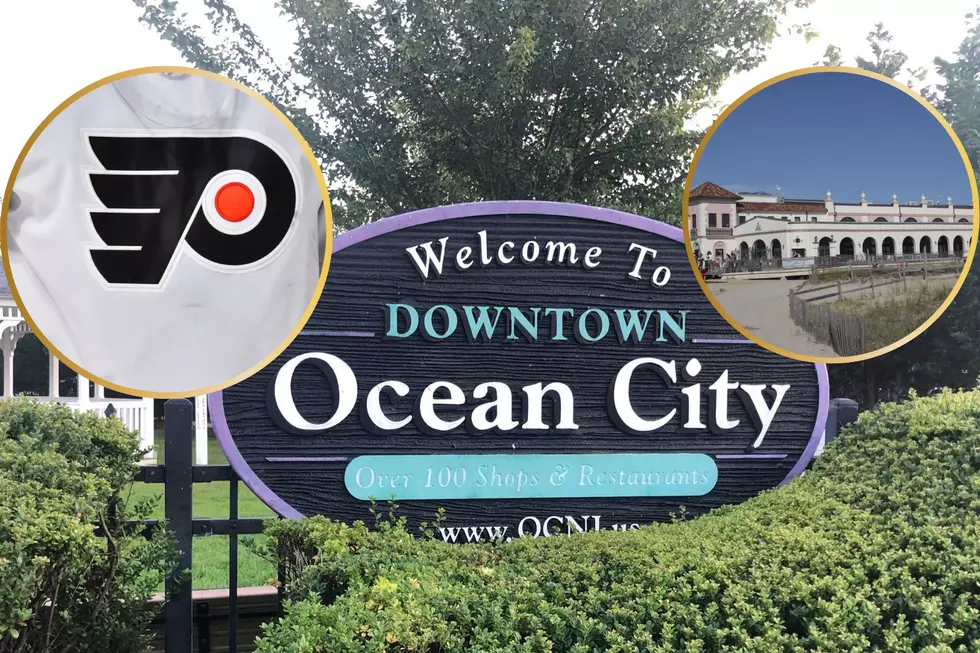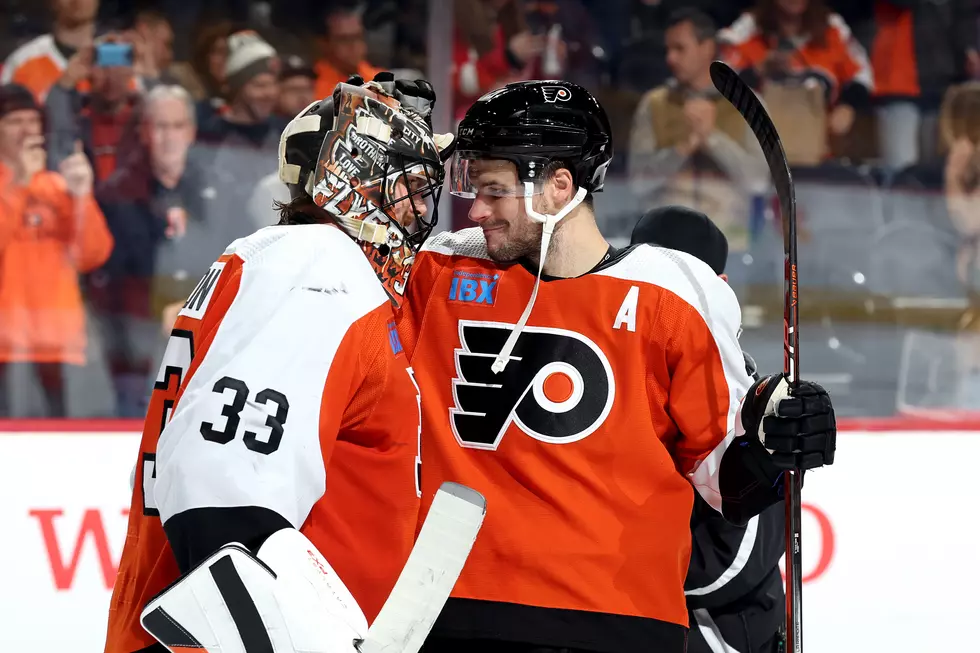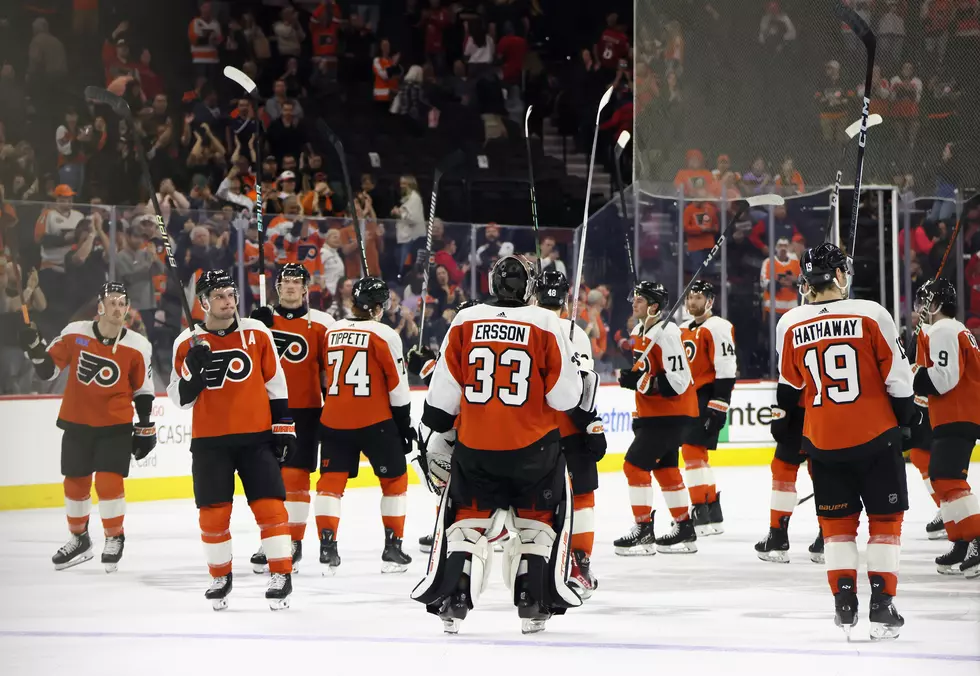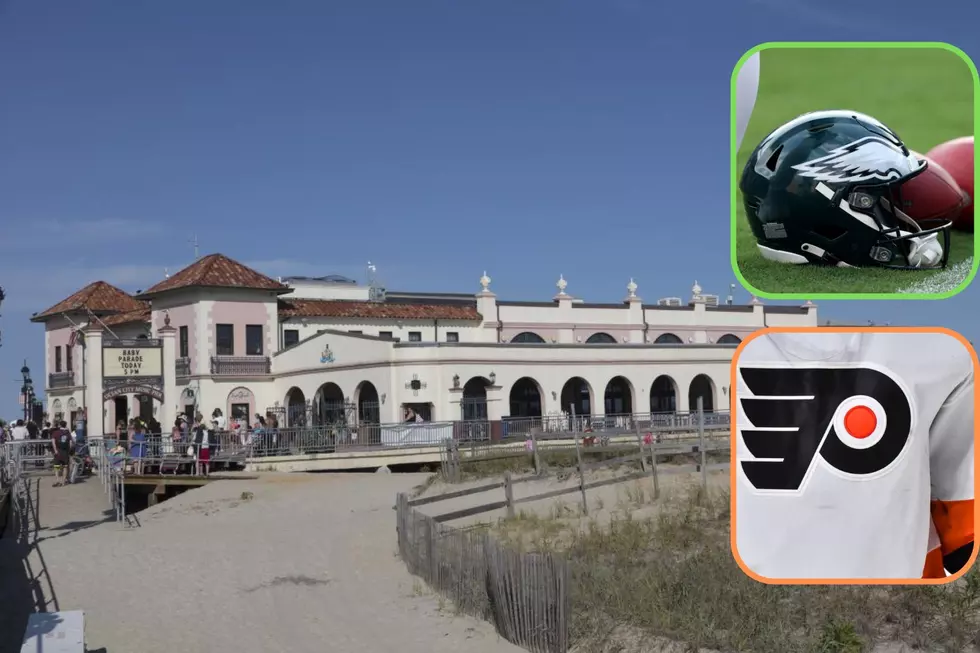
NHL, NHLPA Reach Tentative Agreement on Return-to-Play Protocols
More progress continues to be made in the return for hockey. On Sunday night, TSN’s Bob McKenzie was first to report that a tentative agreement has been reached between the NHL and NHLPA on Phase 3 and Phase 4 protocols. However, there is not an agreement on a CBA extension just yet, which puts a full membership vote on hold for now.
The process of ratifying the return-to-play agreement and new CBA can begin once an agreement has been reached. To ratify the new CBA and return-to-play protocols, a majority vote is required from the NHLPA and ratification from the Board of Governors. The Board of Governors can ratify both in one conference call, while the Players Association vote would take longer. It is expected that this would be a 72-hour process.
If an agreement is reached and ratification is completed this week, the NHL could begin Phase 3 training camps by Monday, July 13 with teams reporting to hub cities around July 26. Phase 4 and games could begin on Aug. 1. Those dates remain the target for the NHL.
As reported last week, the hub cities will both be in Canada. Toronto will host the Eastern Conference teams and Edmonton will host the Western Conference teams. When Phase 4 reaches the conference finals and Stanley Cup Final, the remaining four teams will be in Edmonton.
Within the return-to-play agreement, there were also some details on testing protocols, the process for a positive test and more. Players will have three days following the ratification of the CBA and return-to-play to opt out of playing the remainder of the season without penalty. The player must notify the club in writing of the decision.
Teams will need to submit their list of players participating in the playoffs by July 9. All deadlines and dates listed are fluid and subject to changes over the next few days.
A large portion of the return-to-play protocol had to do with testing. Players and club personnel will have to be tested 48 hours prior to returning to team facilities. Results are expected to be returned within 24 hours of testing, and if they are not available in that time, the player is not permitted within the team facility until a negative test is returned. At every training facility, there will be daily temperature checks and symptom checks both at home and prior to entering the facility.
Any player who tests positive for COVID-19 or has any other illness or symptoms related to the virus will be deemed “unfit to play” and treated as a hockey-related injury. If a player or anyone in a player’s household start to experience symptoms, the team must be notified immediately, the player will begin to self-isolate, and if appropriate go through the necessary testing protocols. An interesting note within the return-to-play protocols includes a statement on players who are deemed to be at substantial risk of serious illness from exposure to the virus. Those players would also be deemed unfit to play and not permitted to participate in Phase 3 or Phase 4.
To reduce the risk of players contracting the virus during Phase 3 prior to reporting to the hub cities, players are not permitted to work out or skate in any public facility. There will be no fitness testing during Phase 3, but all other on and off-ice activities that are tradition to training camps will be permitted. Face coverings will be required for all individuals who enter a team facility during Phase 3. Within the facility, face coverings are required for all instances where social distancing cannot be maintained with the exception of exercising and on-ice work.
In addition, some of the details about what life in the hub city would be like emerged. Teams would be able to send 31 players, three coaches, two athletic trainers, one team physician, one equipment manager, one massage therapist, one therapist or chiropractor, one content creator/social media individual, one security rep, and one rep to serve as the team’s compliance officer. Teams that do not comply to the protocols put in place would be subject to “significant financial penalties” and potentially loss of draft picks. In total, this means that a total of 52 people will travel to the hub city with each team.
In both Toronto and Edmonton, it will be very campus-like within the hub city. Players would have single occupancy rooms with no roommates. The NHL is planning to provide different forms of entertainment for the players during hotel life. There will be several dining options available for players from hotel restaurants and bars that will provide contactless delivery.
So that’s where things stand for now. The protocols are in place for a return to play and now the only thing left is to reach agreement on the CBA to then begin the ratification process. From there, the league should ratify quickly and it would go to the players for a vote next.
With one week left until the NHL’s target date for Phase 3, things are moving rapidly and the goal still remains the same. It will ultimately take the final step, agreeing to a CBA, and the voting process to make it reality, all while monitoring the ever-changing landscape in the midst of a pandemic.
Kevin Durso is Flyers insider for 97.3 ESPN and Flyers editor for SportsTalkPhilly.com. Follow him on Twitter @Kevin_Durso.
KEEP READING: Flyers Top Goal Scorers Each Year Since 2010
More From 97.3 ESPN

